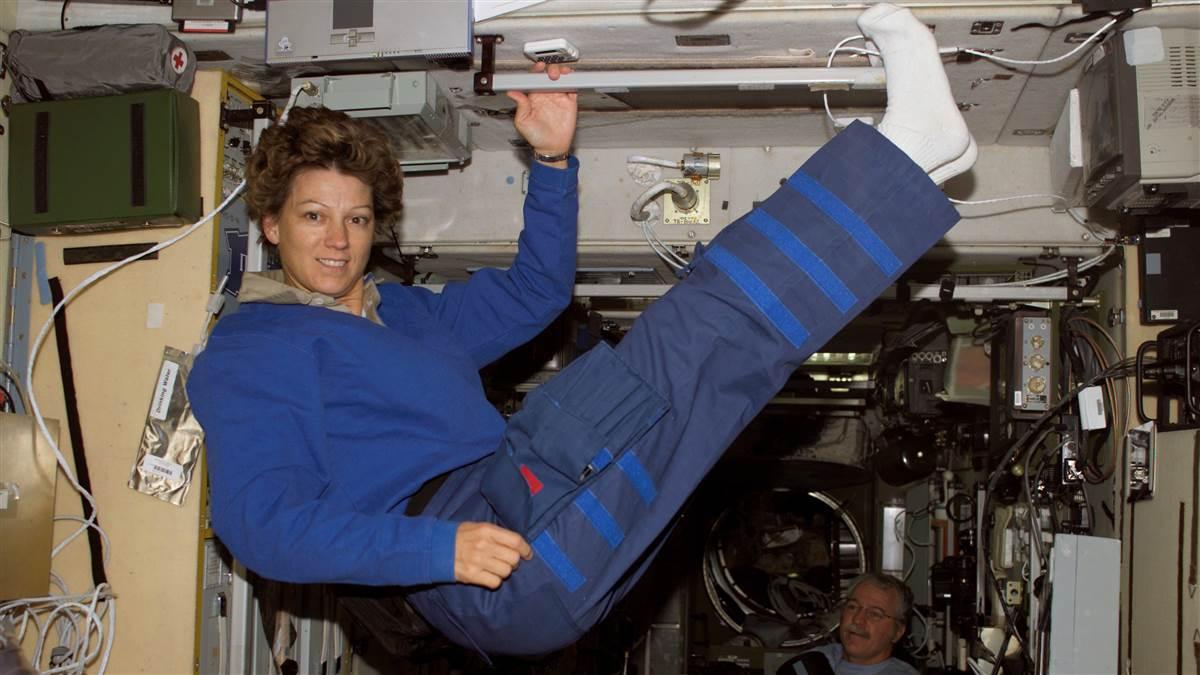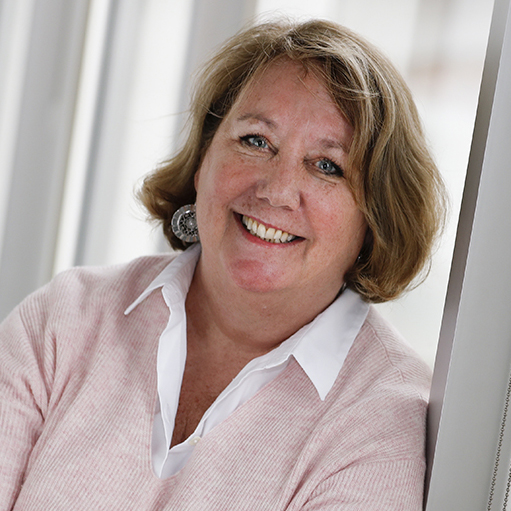
Eileen Collins grew up dreaming of flying in Elmira, New York, the “Soaring Capital of the World.” She became a U.S. Air Force flight instructor and the second woman to attend the U.S. Air Force test pilot school. She was the first woman to pilot a space shuttle mission in 1995. In 1999, she became the first female commander of a space shuttle mission. She has logged 872 hours in space on four space flights, and she has more than 6,750 flight hours in 30 different types of aircraft.
How did you get started in aviation?
I saved most all my money from part-time jobs, beginning at age 16. By the summer of my twentieth year, I had $1,000. I called the local FBO and asked about flying lessons. My first instructor, A.J. Davis, was a former F–4 pilot who had flown in Vietnam. He was an outstanding individual, and to this day, one of the best instructors I have flown with. So, I began my flying career taking lessons in a Cessna 150, moved to the Piper Cherokee 140, and joined Air Force ROTC in college—which eventually led me to Air Force flight training. I was fortunate to be in the first class of women to attend pilot training at Vance Air Force Base in Enid, Oklahoma, in 1978.
When did you know you wanted to be an astronaut?
In fourth grade. I remember sitting at my desk, reading an article in Junior Scholastic magazine on the Gemini astronauts. Although there were no women astronauts in the article, that did not seem to bother me. I just thought, “I will be a woman astronaut!”
What advice would you give future aviators/astronauts?
Flying takes quite a bit of discipline. That discipline begins on the ground. I studied and reviewed flight situations every night before a scheduled flight. We called it “chair flying.” I would begin with the ground checklist, and mentally review my next flight, including radio calls, maneuver parameters, sequence of events, and potential problems that could creep up.
What was it like in space?
I loved being in space. “Floating” is awkward at first, but once you learn how to maneuver yourself around inside the spaceship, the basics become easy. The other fantastic part of living in space is the opportunity to view the beautiful Earth, which is blue and white, and a stunning contrast with the blackness of space.
Were you ever afraid?
I do not remember ever being afraid of anything in space. There is a tremendous amount of confidence that comes from the extreme training we complete before a mission. But I will say I get charged up and almost in “attack mode” before a launch. I think the confidence deflects fear, and helps us with efficiency and accuracy. But I have felt fear while in an airplane, at many points in my life. This would include potential midair collisions, accidental entrance into thunderstorms, and a time when a crewmate insisted I do something unsafe—which thankfully I did not do.



